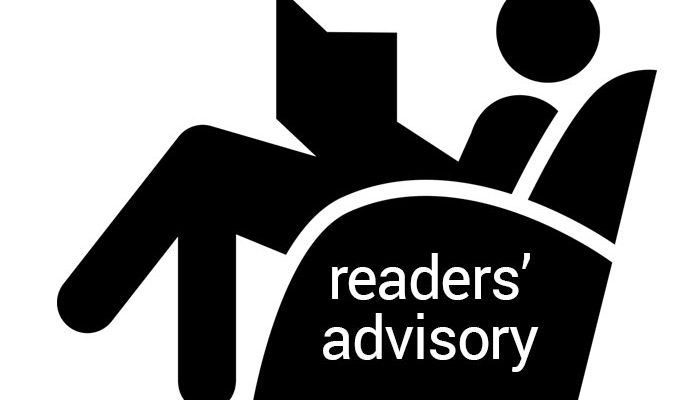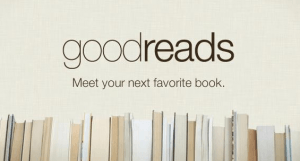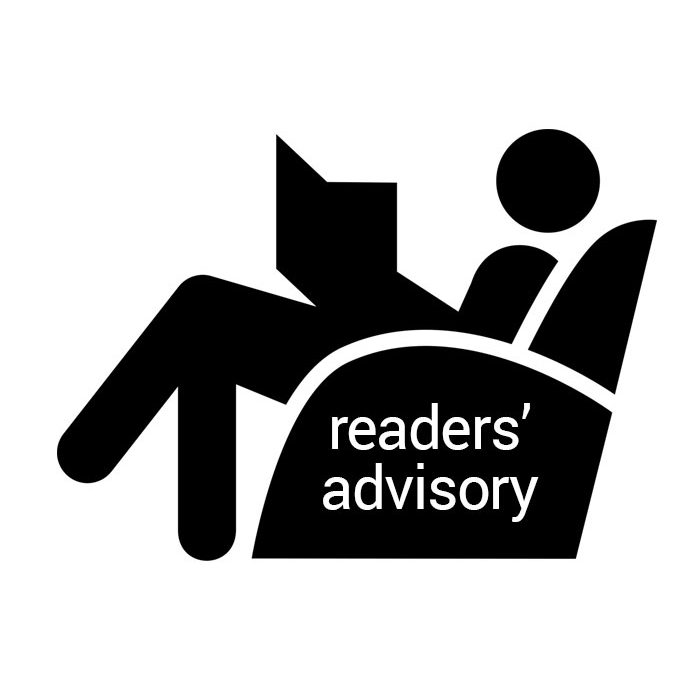It’s a new year and a great time for making reading resolutions. One form this resolution may take is to respond to a Reading Challenge. Taking this type of challenge can not only be fun, but also a great opportunity to change some of our entrenched reading habits.

Remembering What You Read: Reading Journals & Collection Knowledge
Has your mind ever drawn a blank when a customer asks your opinion about a book? You know you read it but can’t remember anything about it. If this has happened to you, you are not alone.
This is a common occurrence for library staff as reading is a hazard of the job. In 2016, I read over 115 books and need help remembering what I’ve read. In order to keep track of what I read I use Goodreads which allows me to rate and review the books I have read. You don’t have to use Goodreads; many people track what they have read in a physical reading journal or with other websites such as LibraryThing. A reading journal allows the reader the opportunity to keep a record of their thoughts on a book and to help distinguish one title from another.
When I write a review I include appeal factors (pacing, characterization, storyline, and tone and style), genre, subgenre, my rating from 1 to 5, and how the book made me feel. If I have read something similar I also include the read-alike information. I use these annotations and keep them brief so that I am able to read through them quickly when I need them. My reviews are no more than 3 sentences in length. This way when I am providing RA to a customer I am able to take a minute and log into my Goodreads account to see what I’ve read and find titles to recommend.
The members of the OPLA RA Committee have written four core competencies to help train and guide library staff in providing RA. Reading Journals and how to keep and use them is included in the first section of the first competency, collection knowledge. Collection Knowledge focuses on developing an understanding of the depth and breadth of materials in a branch or system, including the various formats and medias. Collection knowledge can be learned through keeping a reading journal, staying current, participating in genre studies and readers’ advisory committees, and by reading readers’ advisory websites, including your system’s catalogue.
A reading journal is a perfect solution for keeping track of what you read as it allows the reader to store their thoughts and information about a title in one place for easy access in the future. A reading journal also allows the reader to think about the book and what they liked or didn’t like about it and to learn about their own reading interests and tastes. A reading journal will also be useful when putting together reading lists and staff picks displays.
If you are interested in learning more about reading journals and the first RA core competency in general, please join members of the committee at our session at Super Conference on Wednesday February 1st at 9am. The session is titled Knowledge is Power: the Importance of Collections Knowledge in Readers’ Advisory.
Andrea Dunn is a Branch Librarian at the Markham Public Library and a member of the OPLA Readers Advisory Committee.


